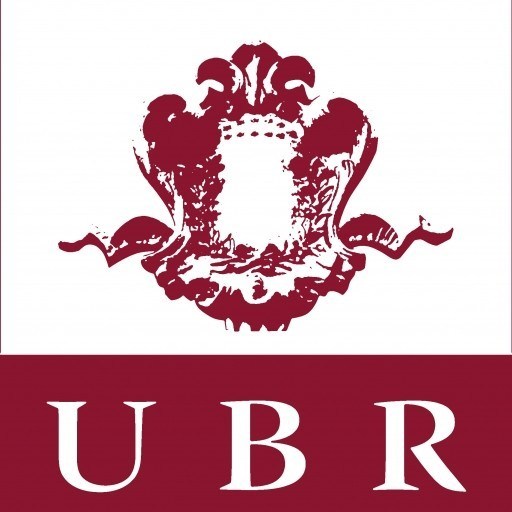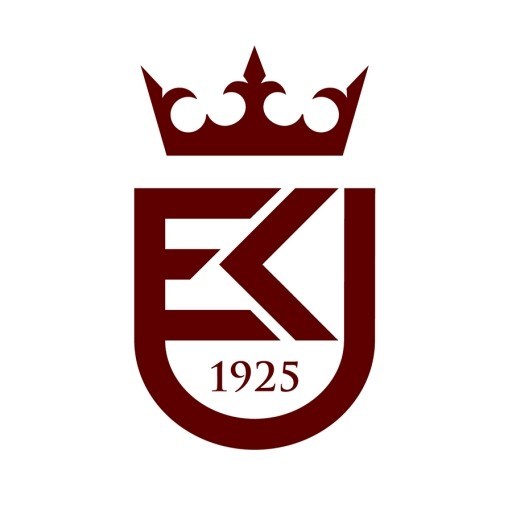Photos of university / #uva_amsterdam
Cultural sociology examines culture from a broad perspective as well as looking at the more specific features of culture.
The subject matter focuses on how symbolic goods like books, artworks, fashion are produced, distributed and received. In addition, the curriculum explores how broader cultural conceptions are embedded in social relations, change over time and vary across social groups. The Cultural Sociology programme offers the unique opportunity to study key themes within contemporary cultural sociology. The research and teaching of staff members stimulates a strong engagement with issues of cultural globalisation and cross-national comparative research. Does the global exchange of media products Disney movies, fashion magazines, popular music pose a threat to local and national cultures? Do developing art markets in Russia, China, Brazil and India adopt Western models and institutions? The approach to the study of these questions is empirically grounded, utilizing both qualitative and quantitative methods.
The programme starts in September.
The programme (60 ECTS) starts with a theory course in Sociological Perspectives and a Thematic Core Course which is part of the track. In the second block students follow an elective, preferably relevant to the topic of the thesis. The first semester ends with an intensive Winter School in methods. Different courses are offered in both quantitative and qualitative methodoloy. In the second semester, students start with a second elective and a thesis seminar in which they will write their research proposal. Throughout the academic year students are enrolled for a lecture series, preparing students for the labour market.
The programme is concluded with a Master's thesis (23 ECTS). Fulfilling the requirements should take one year of full-time study.
Students who need to complete a preparatory programme will require more time, the amount of which will depend on the extra requirements to be fulfilled.
Thesis
The Master's thesis (23 ECTS) is a report on research that focuses on a topic in the field of cultural sociology, in which theoretical insights and the analysis of empirical data are integrated. It is carried out by the students under the supervision of two faculty members. The subject of the thesis is to be mutually agreed upon by the student and the academic adviser. The thesis should be between 16,000 and 24,000 words.
Degree requirements
The Master of Science degree (60 ECTS) is awarded upon successful completion of the course requirements and a Master's thesis.
Want to improve your English level for admission?
Prepare for the program requirements with English Online by the British Council.
- ✔️ Flexible study schedule
- ✔️ Experienced teachers
- ✔️ Certificate upon completion
📘 Recommended for students with an IELTS level of 6.0 or below.
Scholarships / Grants:
Neso Indonesia:
StuNed Scholarships for Master studies, short courses and customized training programmes are available for Indonesian professionals with at least two years work experience in a development-related organization.
For additional information: Website
Fulbright/ NAF:
The Fulbright Center is a bi-national, non-profit organization established by international agreement between the United States of America and the Kingdom of The Netherlands. It promotes educational co-operation and provides information on study, research and internships in the United States.
For additional information: Website
The University of Amsterdam:
The University of Amsterdam provides a limited number of full and partial scholarships for excellent students from outside the European Economic Area. The Amsterdam Merit Scholarships have specifically been designed to offer talented, ambitious and dedicated students the opportunity to pursue a Mast
For additional information: Website
U.S. Department of Education:
Loans are no longer being made under this program. All new loans will be made under the Direct Loan program.
For additional information: Website
:
Students from Columbia can apply for this scholarship through their website.
For additional information: Website
:
Jean Monnet Scholarship Programme, which has been implemented for 20 years and aims to support Turkey's administrative capacity building efforts for the effective implementation of the EU acquis, is the most prestigious scholarship programme in Turkey.
For additional information: Website
Accreditation
Accredited by: NVAO in: The Netherlands








